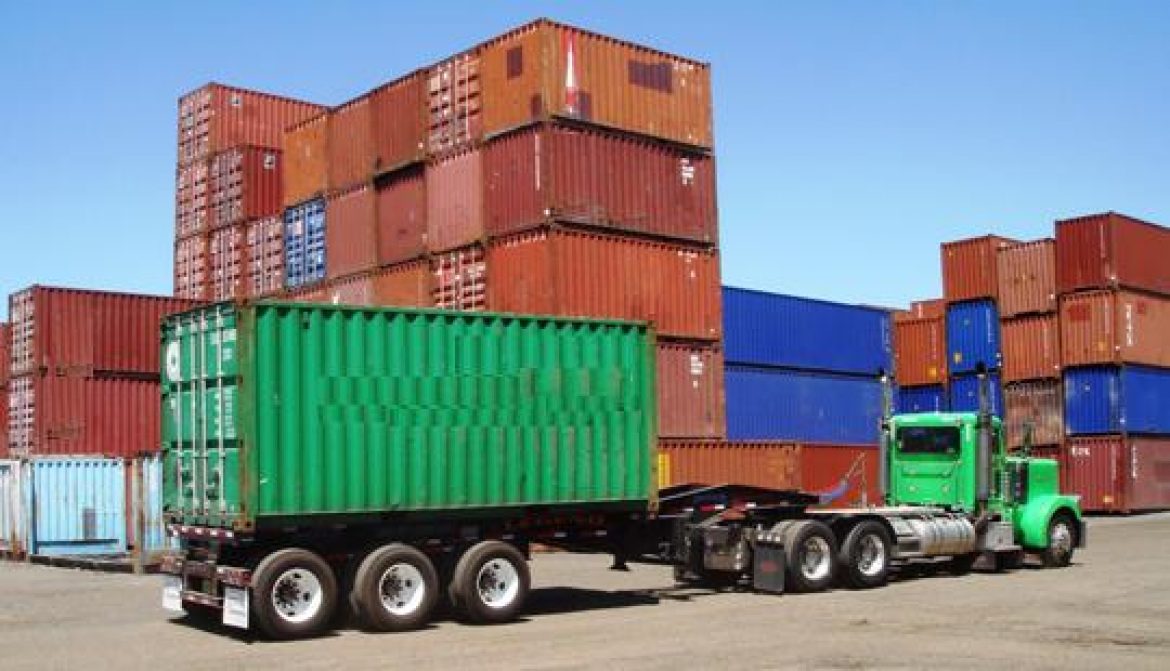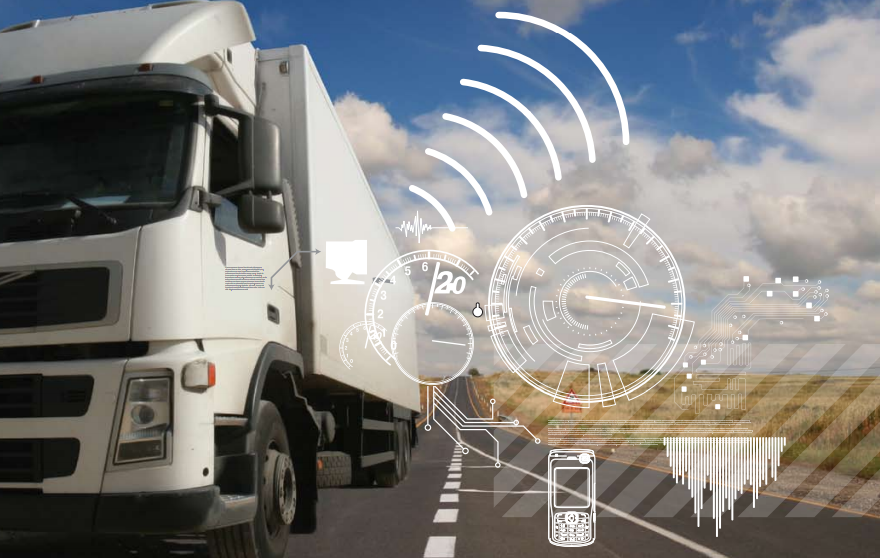
Container and cargo Tracking Systems are the new norms for companies that transport goods across the region. In order for these companies to keep track of their valuables or products, a number of technologies have been devised to allow the precise tracking of even small containers. These technologies allow companies to transport and receive goods on a more precise timeline, saving on operating expenses even while transporting more goods.
The tracking technologies also provide multiple benefits to the logistics industry in the region. In Kenya, the sector accounts for about 8-9% of the country’s GDP and is likely to remain a major driver in the growth of the economy.
As this sector expands, the need for tracking systems also increases. These systems, not only help truck or vehicle owners keep track of their containers movement, but also prevent theft.
According to Esther Wainaina, General Manager Borderless Tracking Limited, the inability to properly track a vehicle can represent a logistical problem for a company when it comes to transporting cargo from one city to another across the region.
‘’A large container being transported represents a much bigger monetary investment and thus a bigger loss to the company if it goes missing. A well-designed tracking system can thus be valuable to a company that has many containers that are being transported within the region’’ Esther Wainaina says.
The reason that tracking systems are so important, besides the obvious concern for the product being transported is that transporting cargo represents a valuable asset for a company or business. The tracking system can truck multiple containers at one time, manage their storage and coordinate the transport process so that. A company can input information about the truck or cargo type, track its location to the exact coordinates in the region, monitor its movements through ports and even send feedback when its destination is reached.
With emerging markets also presenting an increasing percentage in transport industry revenues, regulatory standards of those markets have become an additional area of concern for regulatory affairs compliance bodies. Local truck owners and drivers transporting cargo or containers need to be acquainted with laid down rules and regulations governing the movement of goods and services with the region.
As a leading provider of the Electronic Cargo Tracking System (ECTS) in East Africa, Borderless Tracking provides technologies that enable real-time tracking of cargo from point of loading to point of discharge. This system helps customs and transporters track the movement of cargo remotely while at the same time complying with laid down transport regulations ‘’
‘’We help to bridge the information gap between trading partners and the regulatory authorities. This ensures efficient cargo security screening, cargo declaration, and compliance across multiple regulatory requirements.’’ Esther Wainaina says.
The tracking solutions not only help government agencies enforce cargo handling regulations but also prevent theft and dumping of goods in transit.
Once the tracking device is installed on the trucks, a compliance certificate is issued to the transporter. The movement of the trucks transporting the cargo along gazetted routes is then monitored to ensure the goods are not dumped while in transit. The objectives of the container or cargo tracking systems is to provide cargo visibility by providing real-time location and status of the cargo and expedite clearance at loading and off-loading points.
The technology enables quick inspection and clearance of cargo. It also provides ready data which helps in decision making.



